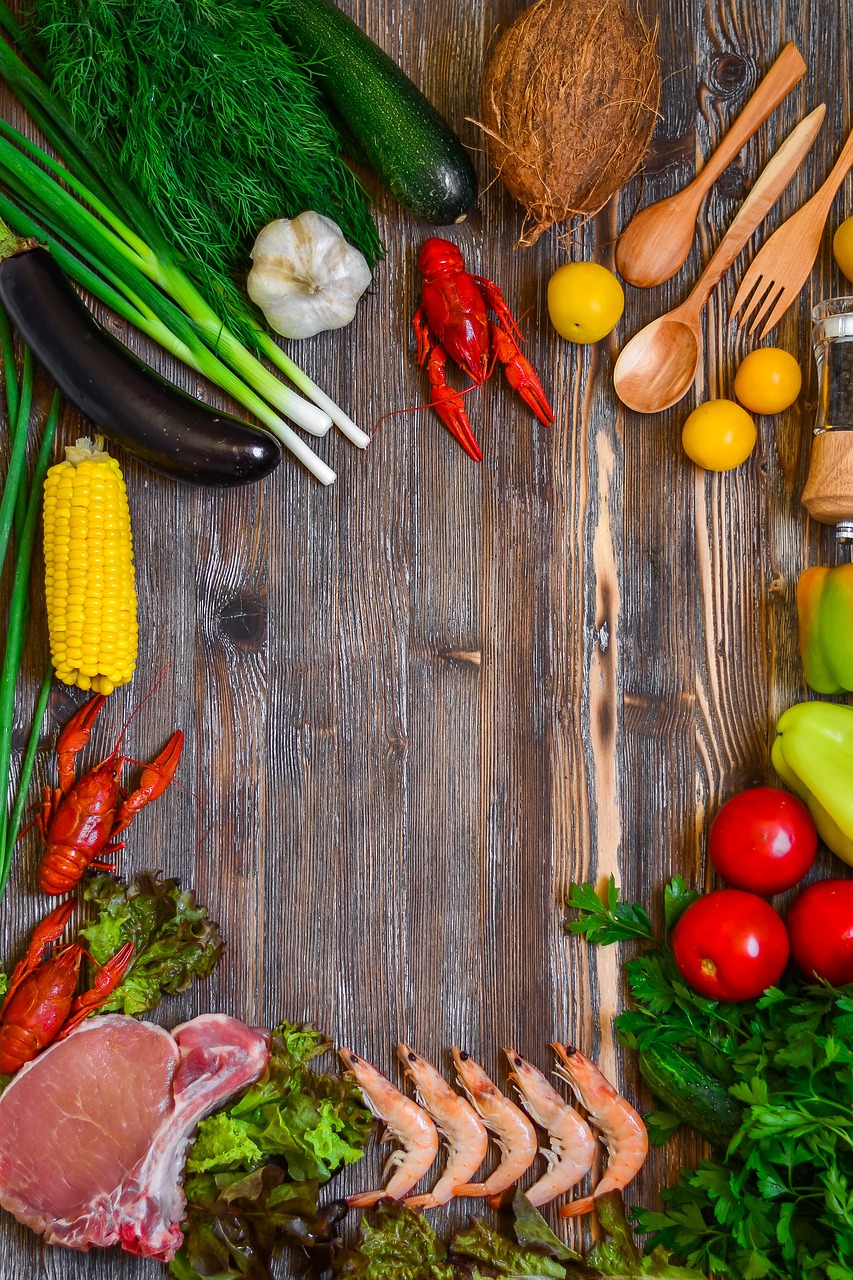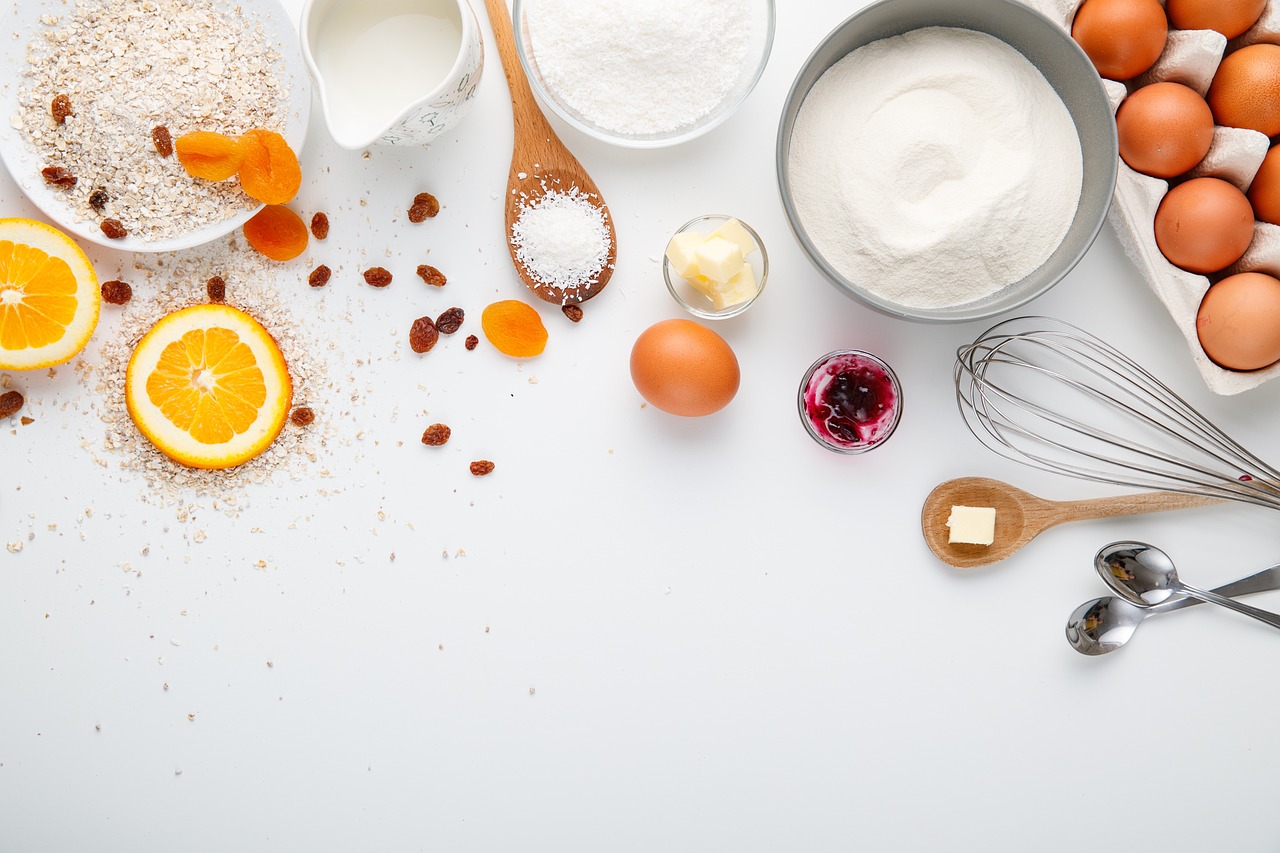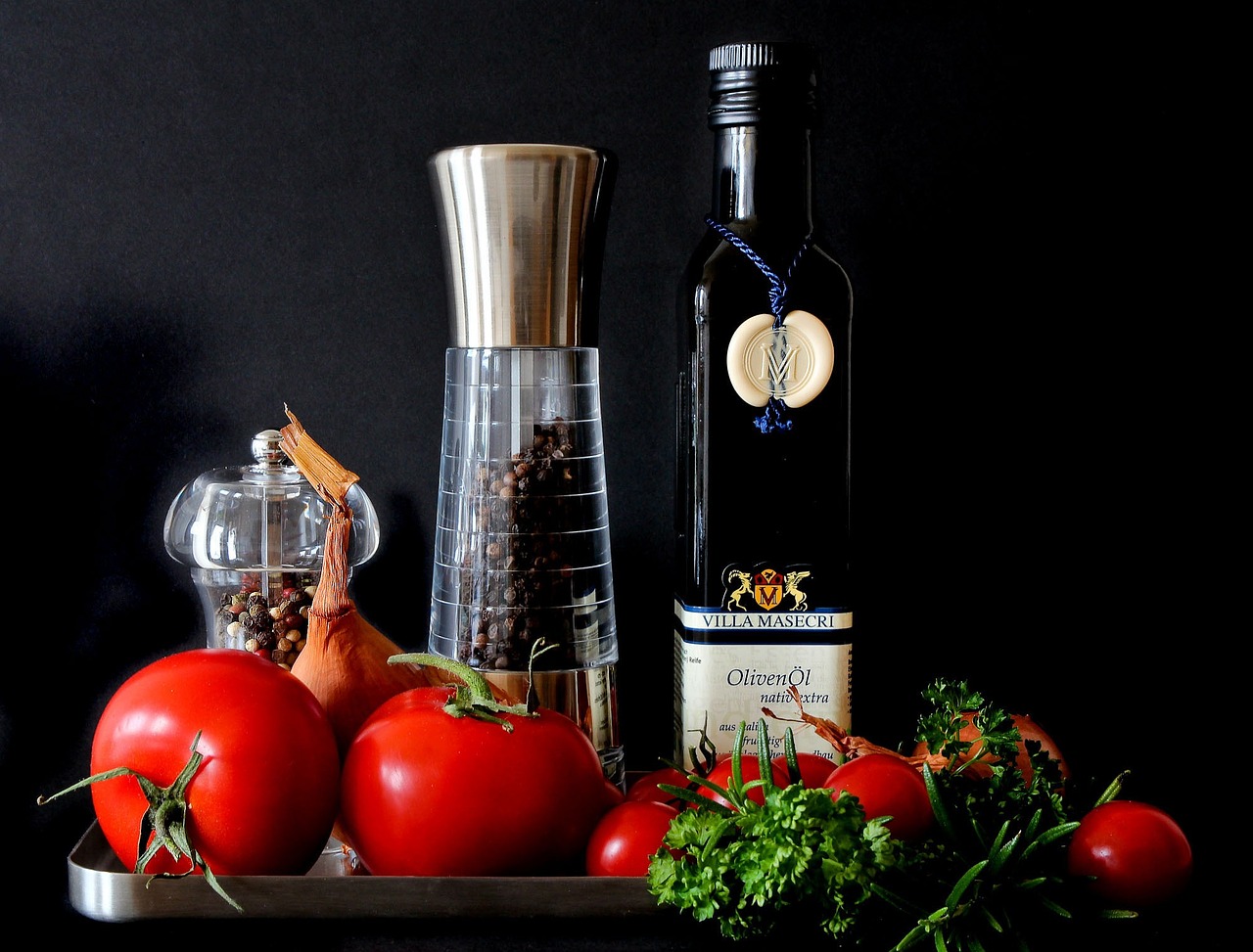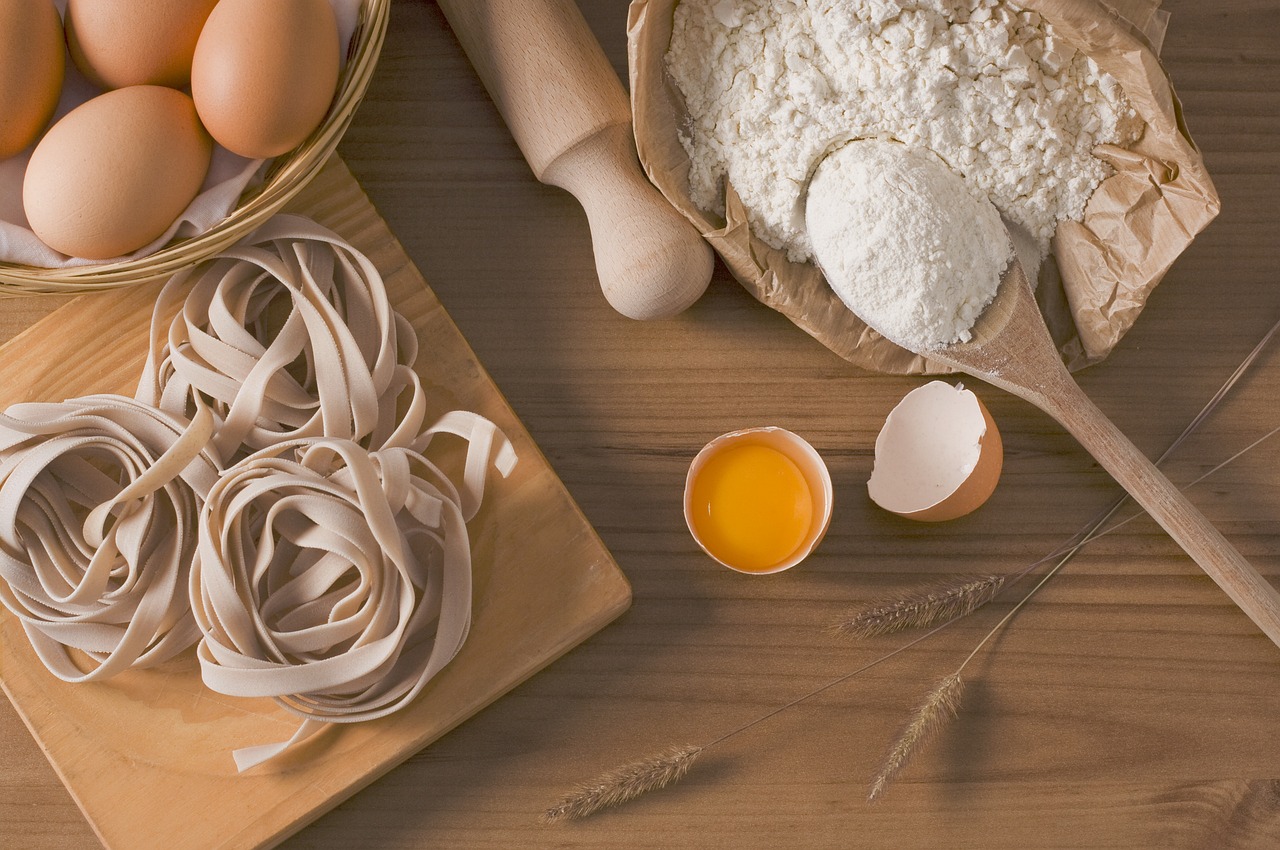Welcome to the wonderful world of food and cooking! Whether you’re a beginner or looking to expand your culinary skills, exploring the realm of cooking is an exciting and rewarding journey. This introduction will provide you with some fundamental information to get you started.

1. The Importance of Food: Food is not just a necessity for survival; it is also a way to explore different cultures, express creativity, and nourish both your body and soul. Cooking allows you to transform ingredients into delicious and satisfying meals.
2. Basic Kitchen Tools: To begin your culinary adventures, make sure you have essential kitchen tools such as a chef’s knife, cutting board, pots and pans, measuring cups and spoons, mixing bowls, and a range or oven. Having the right tools will make your cooking experience more enjoyable and efficient.
3. Ingredients: Familiarize yourself with basic ingredients like fruits, vegetables, grains, meats, herbs, and spices. Understanding their flavors, textures, and properties will help you create harmonious and balanced dishes. Start with a few staple ingredients and gradually expand your repertoire.

4. Recipe Selection: Look for beginner-friendly recipes that match your interests and taste preferences. Online recipe websites, cookbooks, and cooking channels are great resources. Follow the recipes closely at first, and as you gain confidence, feel free to experiment and add your personal touch to dishes.

5. Cooking Techniques: Learn various cooking techniques like sautéing, boiling, roasting, baking, grilling, and steaming. Each technique has its unique effect on ingredients and can be used to create a wide array of flavors and textures.
6. Flavor Pairings: Understanding flavor pairings is crucial for creating delicious meals. Experiment with complementary and contrasting flavors. For example, pairing sweet and spicy or sour and savory can result in interesting and dynamic taste experiences.
7. Practice Makes Perfect: Like any skill, cooking improves with practice. Start with simple recipes and gradually challenge yourself with more complex dishes. Don’t be discouraged by mistakes or failures—learn from them and keep experimenting.

8. Food Safety: Always prioritize food safety to protect yourself and others. Wash your hands frequently, keep your cooking area clean, and follow proper food handling techniques. Ensure that meat and poultry are cooked to the correct internal temperature to prevent foodborne illnesses.
9. Taste and Adjust: Taste your dishes as you cook and make adjustments if necessary. Experiment with seasonings, herbs, and spices to achieve the desired flavors. Developing your palate is a continuous learning process.
10. Share and Enjoy: One of the joys of cooking is sharing your creations with others. Invite friends and family to taste your dishes, and don’t forget to savor the experience yourself. Food brings people together and creates lasting memories.

Remember, cooking is an art form that allows you to explore your creativity and nourish yourself and others. Embrace the process, have fun, and enjoy the delicious results. Happy cooking!
